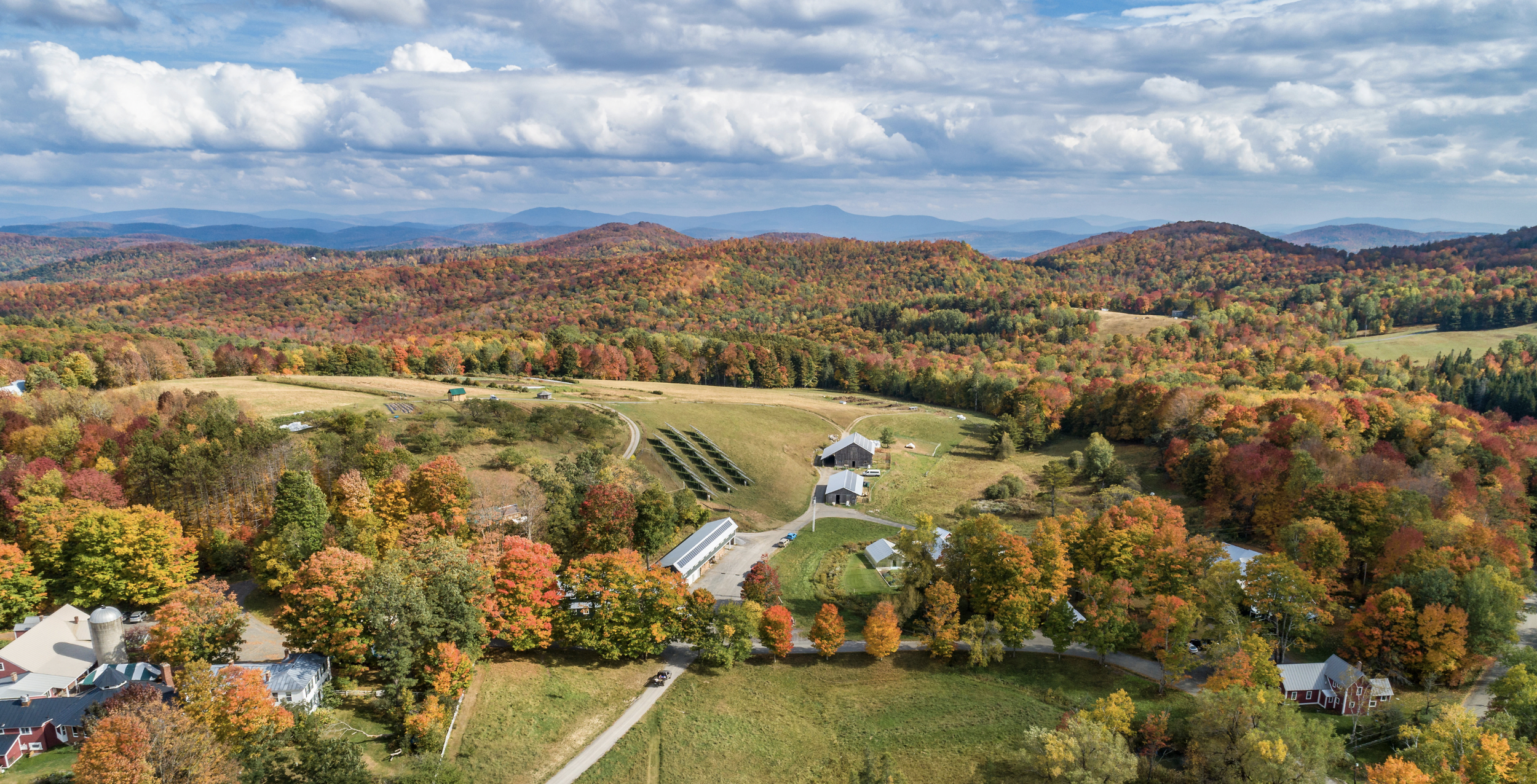
Independent &
Interdependent
Share the work, share the learning.
Engage in a semester based on trust and collaboration. Emerge more competent and more confident. Learn your own limits as well as your own expanses. Connect meaningfully with others.
Our Mission
The Mountain School cultivates a diverse and interdependent community of scholars who learn to know a place and take care of it. Through collaborative learning and shared work, students emerge from their semester prepared to reach beyond the self and focus on the common good.
School History
In 1962, Mac and Doris Conard bought a hilltop farm in Vershire, Vermont and made it a school to carry on the land-centered learning of the Putney School. The school thrived for 20 years as a four-year boarding school.
When the Conards retired, they called upon Nancy and David Grant from Milton Academy to consider the school’s future. The Grants and the Conards conceived of the semester program and proposed the purchase of the Mountain School to the Trustees of Milton Academy in 1983.
In 1984, the Mountain School became the first recognized semester program in the country. The school has since had a long history of providing transformative experiences for its students, many of whom name their time at the Mountain School as a key moment in their development as both scholars and global citizens.
In 1994, Anne Stephens came from Seattle’s Lakeside School to serve as the school’s director. Alden Smith became director following Anne’s retirement in 2002. After a national search in the 2021-22 academic year, Alex Myers became the school’s current director.
Land & Place
The Mountain School acknowledges that the land on which we gather, also known as Vermont, is the traditional and unceded territory of the Abenaki People, land which has long served as a site of meeting and exchange among indigenous peoples for thousands of years and is the home of the Western Abenaki People. We acknowledge the Abenaki community, their elders both past and present as well as future generations, as the traditional stewards of the lands and waters on which we gather. We also acknowledge that the Mountain School, Vershire, Vermont, and the United States were founded upon exclusions and erasures of many Indigenous people, including those whose lands we are on now: the place the Abenaki Nation calls the Dawnland. This acknowledgement is only one small step in a broader project of reparation.
We are grateful to Carol McGranaghan, Chair, Vermont Commission on Native American Affairs, and Don Stevens, Chief of the Nulhegan Band of the Coosuk-Abenaki Nation, for offering us the language with which to make this land acknowledgement.
The Mountain School campus consists of living, learning, working, and farming structures, garden beds and animal pasture, maintained trails, and forested land from which we harvest firewood and maple syrup, on 418 acres of rolling hills.
We aspire for everyone to feel welcome and fully at home on our campus. Understanding our institutional history involves acknowledging that this sense of belonging is easier to attain at the outset of a semester for some members of our community than for others. We work actively with each semester’s students, as well as with our alumni community, to implement, question, and design ways of teaching and practicing belonging, equity, and inclusion.



